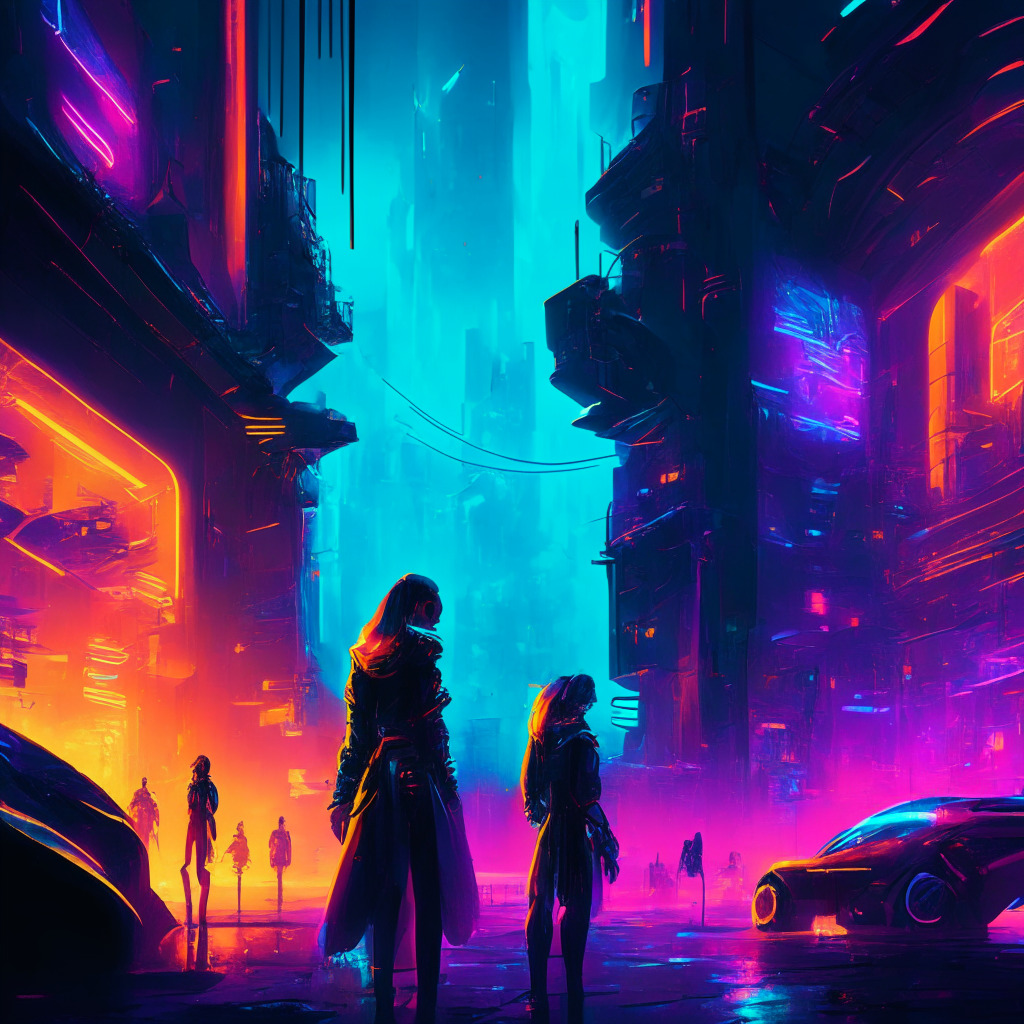The rapid advancement of technology has paved the way for numerous innovations, one of which is a major change in the realm of online gaming. With the integration of cutting-edge technology like artificial intelligence (AI) and blockchain, the gaming landscape is being revolutionized day by day. In this light, it’s worth taking a closer look at Mirandus, an upcoming massively multiplayer online role-playing game (MMORPG) by Gala Games.
Mirandus is an ambitious project that aims to redefine the gaming experience by capitalizing on blockchain technology. By utilizing this decentralized digital ledger, Mirandus provides gamers with a sense of true ownership over their in-game assets and, in turn, offers them undisruptable gameplay. Many believe that the use of blockchain technology brings about a revolutionary shift in the gaming industry, allowing for more secure and transparent transactions, creating truly unique and scarce digital collectibles, and providing new revenue streams for gamers.
However, a contrasting perspective highlights the possible pitfalls associated with integrating technology like blockchain into gaming. Some are left wondering if these innovations merely create added complications for players rather than enhancing their experience. The question emerges: while these technological advancements may bring about a more secure, transparent, and lucrative gaming platform, do they inadvertently take away from the core purpose of gaming—pure entertainment?
The answer, it seems, depends largely on the implementation of blockchain technology in gaming. If done correctly, gamers stand to gain a new level of control and financial rewards from their favorite pastimes. An example is Mirandus, where players can earn actual value (through cryptocurrencies like BTC) from their gaming expertise. This can further encourage engagement and retention, drawing in even more players to the world of Mirandus.
Nonetheless, there remains a risk of drifting too far from the primary purpose of gaming. The integration of advanced technologies shouldn’t hinder a smooth and enjoyable gaming experience. Developers must ensure that while striving for security and transparency, they continue to prioritize maintaining an immersive and interactive experience for gamers.
As the gaming world closely monitors the developments at Gala Games and Mirandus, there’s no doubt that the future of gaming is teetering on the edge of monumental change. The incorporation of blockchain technology and artificial intelligence within gaming has the potential to push the boundaries of immersive gameplay while simultaneously providing real-life returns for gamers.
Ultimately, striking the right balance between the innovation of blockchain and the core gaming experience should remain the top priority for developers. If the gaming industry succeeds in seamlessly integrating these advancements, it’s poised to not only revolutionize the current landscape of gaming but also to create a prosperous new world of gaming that spans beyond mere entertainment to socioeconomic opportunity.
Source: Decrypt




